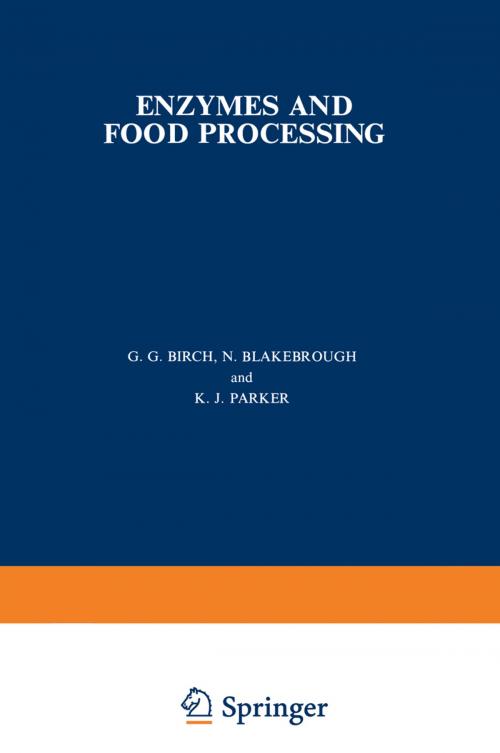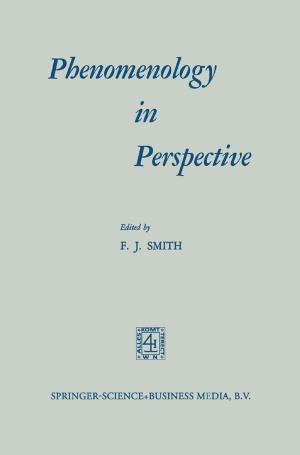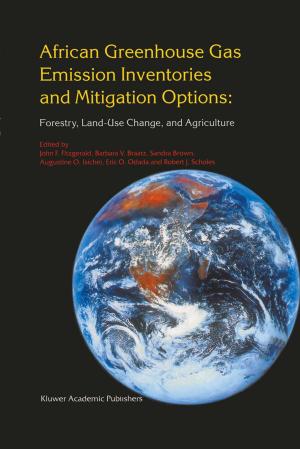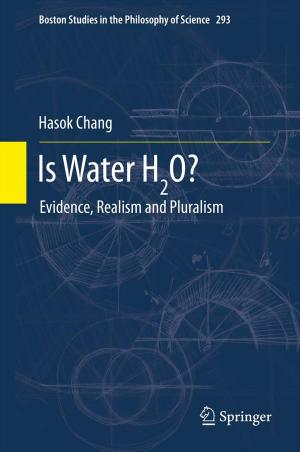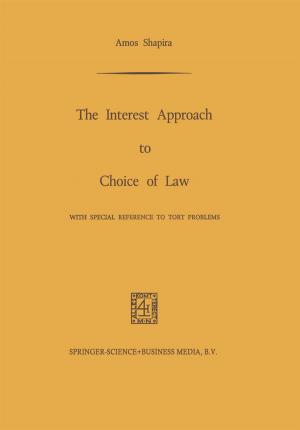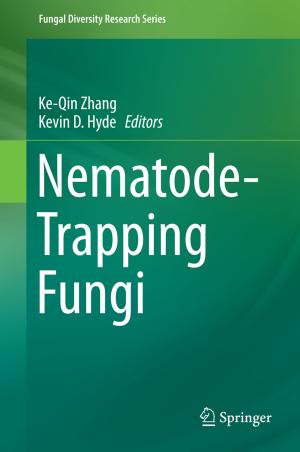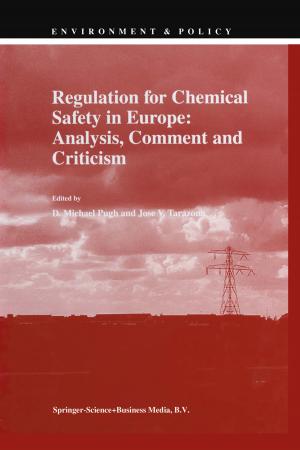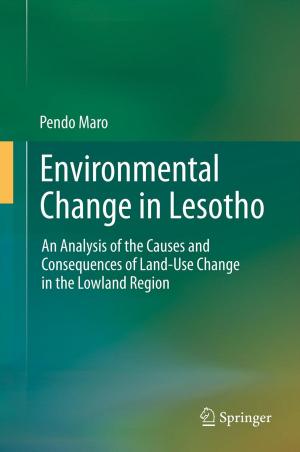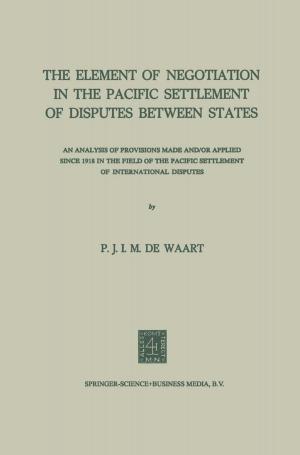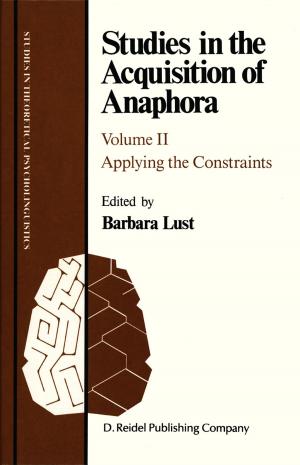Enzymes and Food Processing
Kids, Natural World, Nonfiction, Reference & Language, Education & Teaching, Science & Nature, Science| Author: | G. G. Birch, N. Blakebrough, K. J. Parker | ISBN: | 9789401167406 |
| Publisher: | Springer Netherlands | Publication: | December 6, 2012 |
| Imprint: | Springer | Language: | English |
| Author: | G. G. Birch, N. Blakebrough, K. J. Parker |
| ISBN: | 9789401167406 |
| Publisher: | Springer Netherlands |
| Publication: | December 6, 2012 |
| Imprint: | Springer |
| Language: | English |
R. S. SHALLENBERGER Cornell University, New York State Agricultural Research Station, New York, USA Among the material to be discussed in this first section of the 'Enzymes and Food Processing Symposium' is subject matter that can be viewed as a marriage between enzyme technology and sugar stereochemistry. In order to bring the significance of the material to be presented into proper perspective, I would like you to pretend, for a moment, that you are a researcher making a proposal on this subject to a Research Granting Agency in order to obtain financial support for your ideas. However, the year is 1880. Under the 'objectives' section of your proposal, you state that you intend to attach the intangible vital force or spirit-that is, the catalyst unique to the chemistry of living organisms-to an inert substrate such as sand. Thereafter you will pass a solution of right handed glucose (also known as starch sugar) past the 'vital force' and in the process convert it to left-handed glucose (also known as fruit sugar). The peer review committee would probably reject the proposal as sheer nonsense because the statements made were not only contrary to their experience, but also contrary to what they had been taught. Perhaps a few select people would have some feeling for what you were talking about, but commiseration would be the only form of support that they could offer.
R. S. SHALLENBERGER Cornell University, New York State Agricultural Research Station, New York, USA Among the material to be discussed in this first section of the 'Enzymes and Food Processing Symposium' is subject matter that can be viewed as a marriage between enzyme technology and sugar stereochemistry. In order to bring the significance of the material to be presented into proper perspective, I would like you to pretend, for a moment, that you are a researcher making a proposal on this subject to a Research Granting Agency in order to obtain financial support for your ideas. However, the year is 1880. Under the 'objectives' section of your proposal, you state that you intend to attach the intangible vital force or spirit-that is, the catalyst unique to the chemistry of living organisms-to an inert substrate such as sand. Thereafter you will pass a solution of right handed glucose (also known as starch sugar) past the 'vital force' and in the process convert it to left-handed glucose (also known as fruit sugar). The peer review committee would probably reject the proposal as sheer nonsense because the statements made were not only contrary to their experience, but also contrary to what they had been taught. Perhaps a few select people would have some feeling for what you were talking about, but commiseration would be the only form of support that they could offer.
